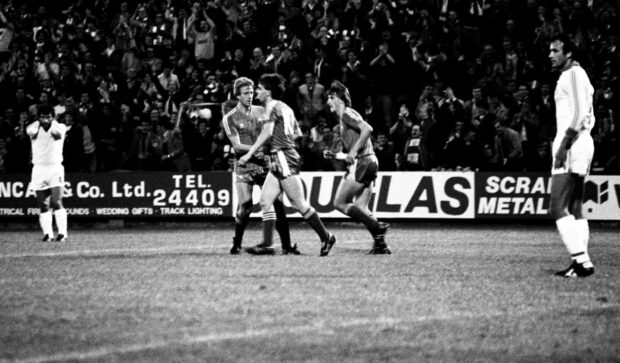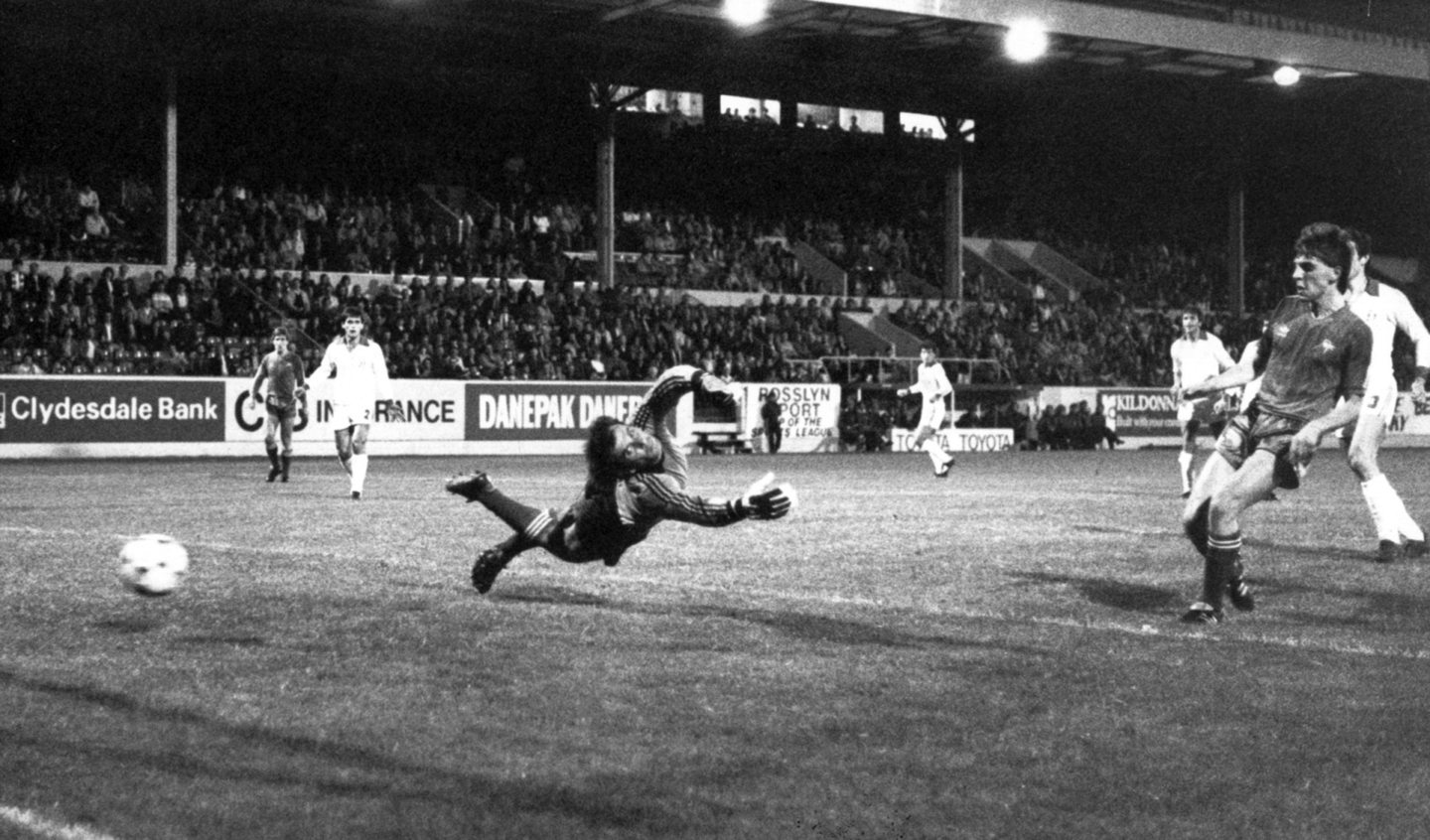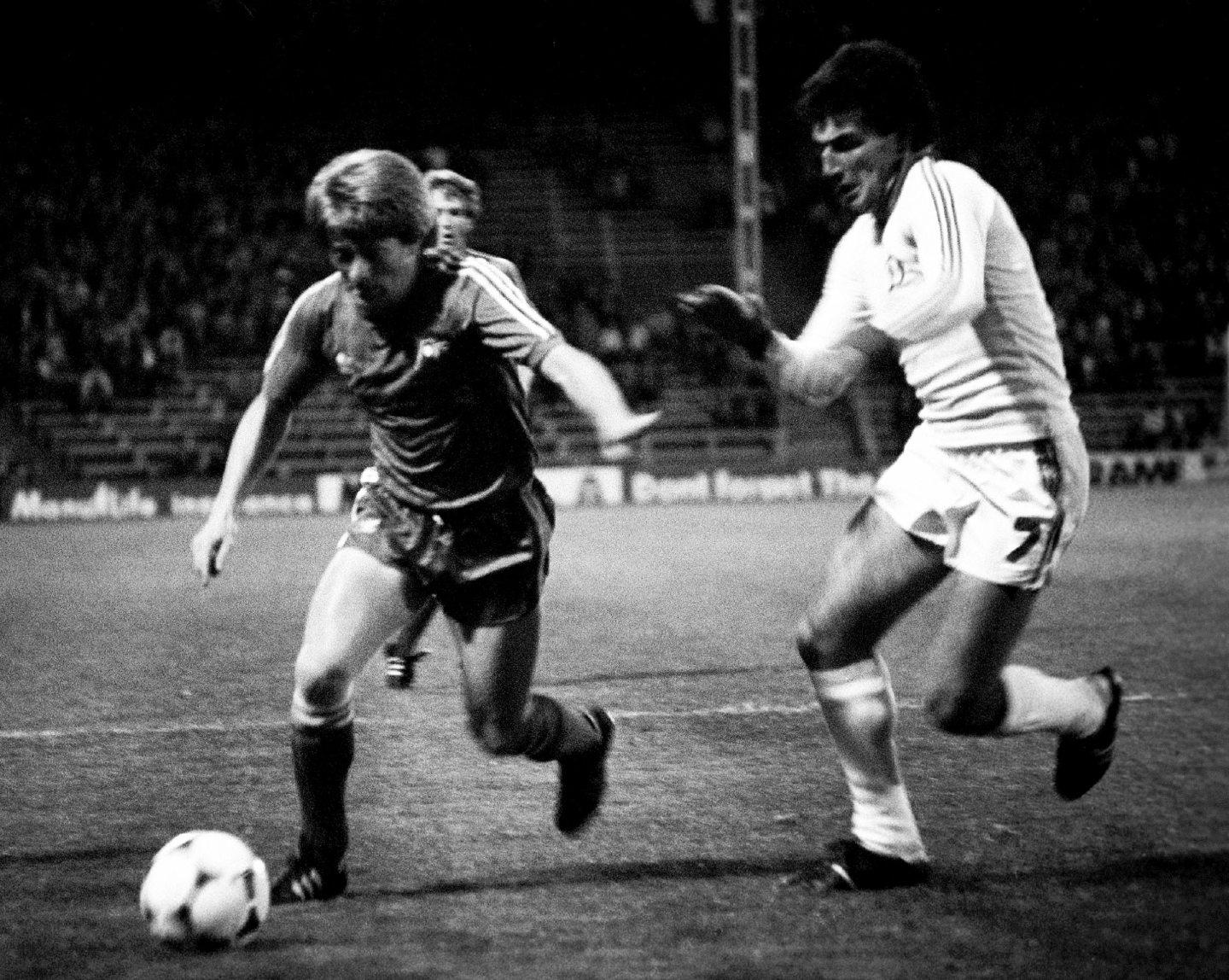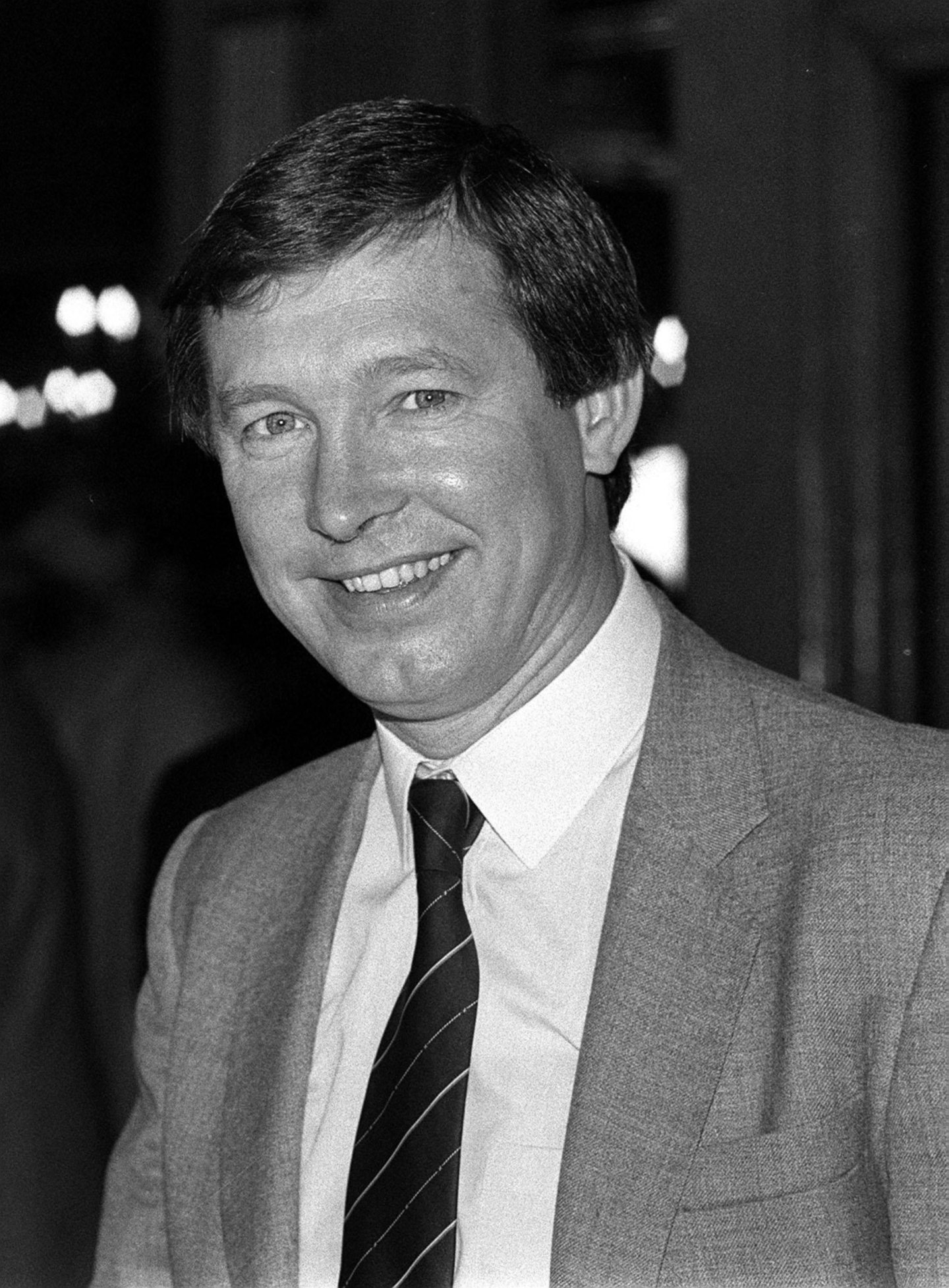It wasn’t a display to thrill the Pittodrie faithful. And when Alex Ferguson later described it as “decidedly unsatisfactory”, you can imagine the response he gave his players in the dressing room 40 years ago.
At the outset of their European Cup-Winners Cup campaign, the Dons had every reason to feel confident after being pitted against Albania’s Dinamo Tirana in the first round.
The Scots had already thrashed Swiss minnows Sion 11-1 on aggregate in a preliminary double-header – 7-0 at home and 4-1 away – and they were strong favourites when their Iron Curtain rivals made the journey to Pittodrie on September 15 1982.
But this was no walk in the park for Ferguson’s side and there was little to suggest that Gothenburg glory lay in store just eight months later.
On the contrary, it was a struggle, a war of attrition which simmered away for two matches and was subsequently described as “the tie from hell” by the late Neale Cooper.
Red tape made scouting difficult
Ferguson didn’t make any excuses for the sub-standard performance in front of an expectant crowd of 15,000 supporters, who were anticipating another goal rush.
It seemed their hopes might be realised when John Hewitt broke the deadlock after just 10 minutes, but the rest of the contest highlighted the dangers posed by Tirana.
The manager admitted it had been difficult to check on them in advance, given the labyrinthine bureaucratic difficulties and red tape which surrounded trips to countries such as Albania at a time when the Cold War had left Europe frozen stiff.
Ferguson said: “Officialdom created all sorts of problems with visas and we couldn’t travel over to watch them beforehand. But it was still decidedly unsatisfactory from us.”
The whole occasion reeked of anxiety and the unease in the crowd was shared by the players as they strove in vain to add to their cushion in Aberdeen.
Cooper sat on the sidelines, witnessing his colleagues’ travails as the contest raged on, but he was eventually introduced as a replacement for Dougie Bell.
He told the Evening Express: “We knew we had enough strength in depth to beat them, but they definitely surprised us and, although the fans gave us the normal tremendous support on these European nights, it just didn’t happen for us.
“Fergie told us at half-time that we couldn’t afford to take our feet off the pedal and we had to keep chasing more goals, but Dinamo were a good side, they were well organised and they made our job tough, even as we tried to put them under the cosh.
“When it ended 1-0, we knew it wasn’t a great result to take to their place. Alex had set such high standards that he was disappointed we hadn’t managed to put away some of the decent chances which we had created.
“It was frustrating for us, but credit to them. We now realised we were going to be in for a hard time of it in the second leg in front of a partisan and hostile crowd.”
Aberdeen’s positive vibes off the pitch
If Ferguson was irritated with the squandered opportunities on the pitch, he didn’t let it deflect him and Aberdeen FC in general from ensuring their opponents were offered an unfamiliar taste of luxury during their whistle-stop trip to the north-east.
The manager said: “The Albanian lads loved Scotland and they told us that several times while they were in the city. We had booked them into a good hotel and shown them traditional Scottish hospitality and they were grateful for that.
“The aspect they seemed to enjoy the most was being able to order steaks for breakfast.”
Once the dust had settled, though, the stakes were high for the Dons – and they soon discovered what life was like in a cauldron of 92 degrees of heat.
Some in their ranks could scarcely believe the poverty and empty supermarket shelves which they encountered after journeying to the Albanian capital a fortnight later.
It was a reminder that, whereas Aberdeen in the 1980s was increasingly affluent as oil poured from the North Sea to boost the economy, other countries were less fortunate.
Cooper said: “When we touched down in Tirana, it was like landing on the Moon. It was probably the least attractive country I’ve ever visited and we soon found out that things were very different from what we were accustomed to back home.
“When we went through passport control, all newspapers and magazines which had pictures of women in bikinis and the like were confiscated and thrown in a drawer.
“We had also heard there was a coup going on at the time – but I remember Neil Simpson saying on the bus as we drove through barren lands that the only coup he could see was the one in a field!
“It was incredible. There were old women on ladders working on building sites and I tried to visualise my mother doing the same thing and I just couldn’t.
“The hotel we were booked into was meant to be one of the top ones in Tirana, but it was really basic and short of supplies. It was the same everywhere. There was a huge gulf between what we took for granted in Scotland and what we saw in Albania.”
Ferguson, for his part, had to focus on a solid defensive showing from his team. Yet he, too, was determined that Aberdeen would concentrate on more than just football.
He wrote: “We took food parcels to Albania, not knowing what to expect and unwilling to leave anything to chance, but I must say that they returned our hospitality in full.
“For the game itself, the pitch was in beautiful condition and the only problem was the intense heat of 92 degrees. In fact, the longer the match went on, the more I wondered if our players would last out.”
His men certainly weren’t used to playing in these conditions. But they were fit, they were well drilled, and they were committed to progressing their European ambitions.
‘The atmosphere in the ground was strange’
The priority, as Ferguson stressed to his troops in advance, was not to give away possession or lose control.
And Cooper was among those who heeded these words.
He told the Press & Journal: “The match was in the afternoon and it was roasting, but although we had to play well, there was a strange atmosphere in the stadium.
“There was a 20,000 crowd and they were backing their side to have a go at us. But it was a different atmosphere to what we were used to in Scotland and not as intimidating as we thought it would be. Maybe the spectators were feeling the heat as well.
“I had a midfield role and I remember it being a hard shift. It took its toll on me and I was replaced by John McMaster. But, to be honest, I never felt we were going to lose.
“We gave them little or no chances, we hung on to the ball, we closed them down in midfield and, if anything, the heat got to them more than it did to us, because we had the lead from Pittodrie and they needed to make things happen.
“It wasn’t a classic, by any means, and we probably should have closed it out. But the bottom line was we were through and could get ready for the next round.”
Ferguson recognised the professionalism of his men’s display but acknowledged they would have to pick up the pace as their European odyssey continued.
He said: “Our stamina proved itself over the 90 minutes and it was a good performance on our part as far as possession football was concerned.
“We drew 0-0 in a game we should have won, but we knew there was a lot of work ahead of us. The positive thing is that the boys all accepted they had to improve.”
And, thankfully, from the Dons’ perspective, it was onwards and upwards from there.




Conversation